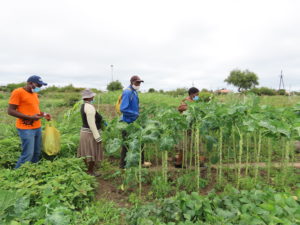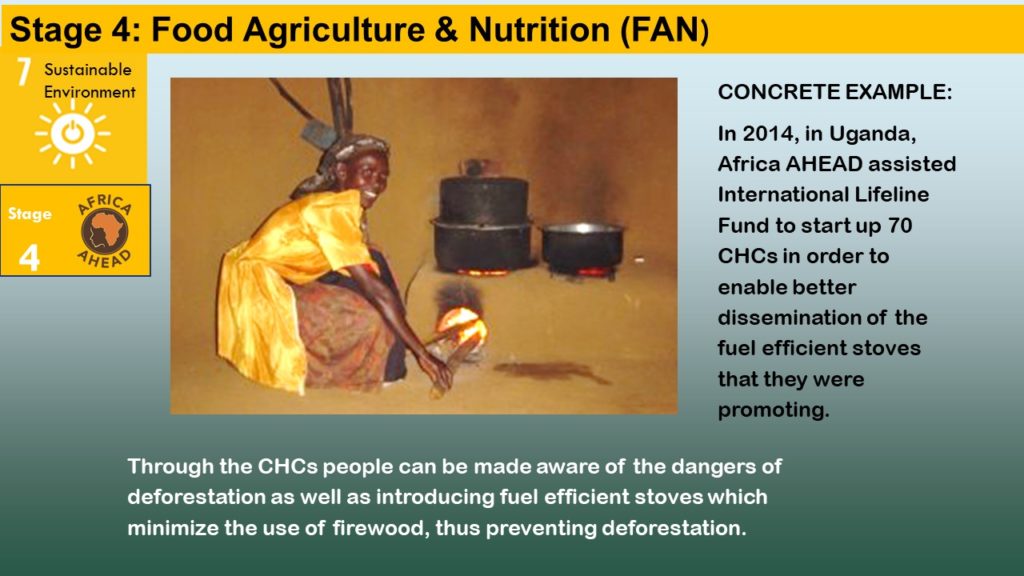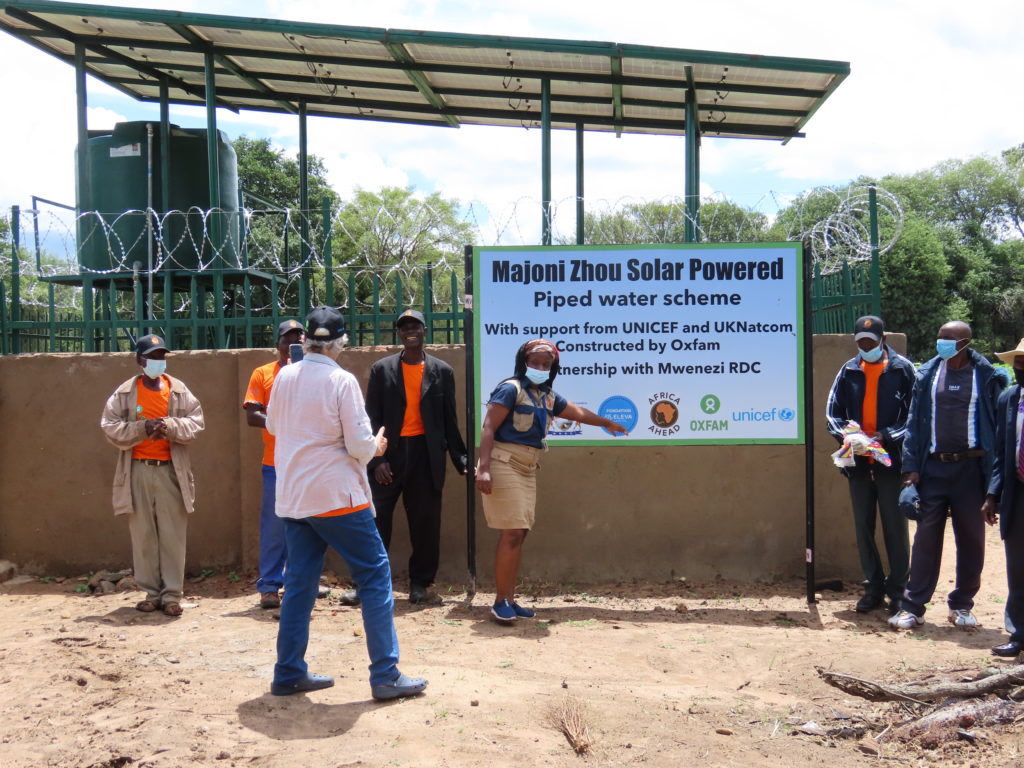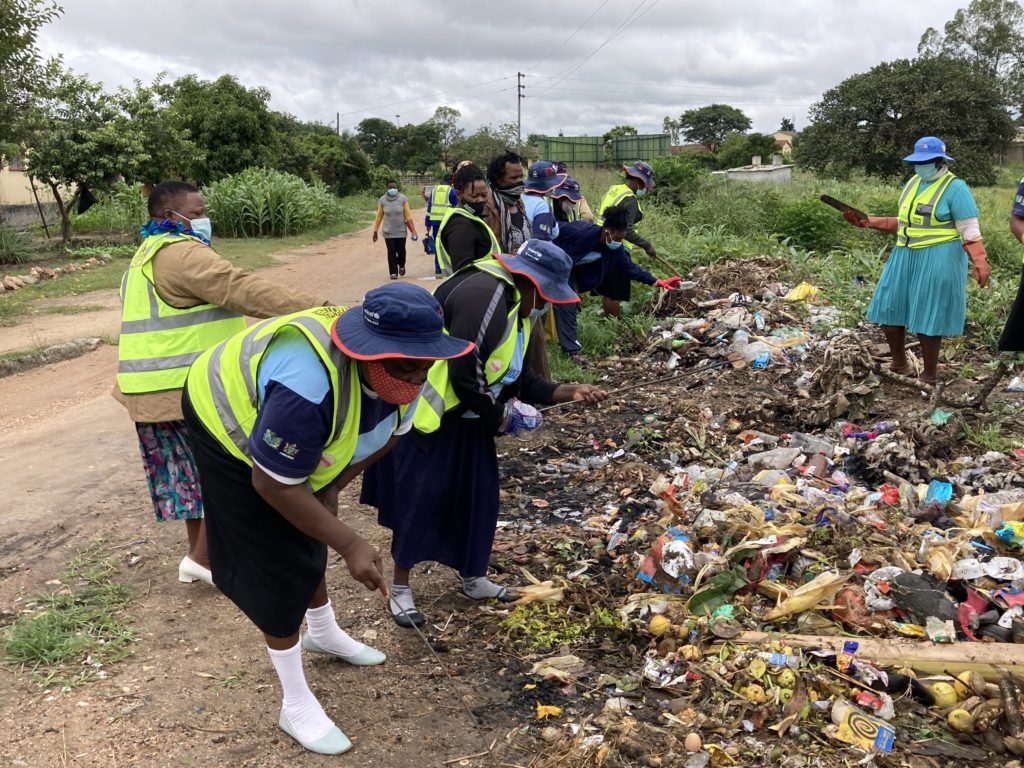STD 7: Sustainable Environment
![]()
Sustainable Environment can be addressed through our AHEAD program in the following ways with Community Health Clubs, which progress to becoming FAN Clubs once they have completed their 1st stage of training.
Food, Agriculture and Nutrition Clubs
FAN clubs are set up in Community Health Clubs, usually by the establishment of a Community Nutrition Garden, which is fenced and has access to a water source for irrigation. Each CHC member is given 5 seed beds and they plant vegetables in rotation. This can involve all members of a community and can be done in rural and urban areas.
Farming,
Forestry,
Water &
Waste
Sustainable Agriculture
- Nutrition gardens in all CHC
- Reconditioning of top soil
- Use of organic compost – eco-sanitation
- Crop rotation and inter-cropping
Reforestation
- Replanting of indigenous trees and wood lots
- Promoting fuel efficient stoves
- School awareness creation
- Creation of urban green spaces
Renewable energy
- Solar powered piped water schemes
- Reuse of grey water
- best practice in conservation
- Safe water storage and use
Reuse of Plastics
- Urban clean up campaigns
- Recycling of plastics and tin
- Reuse of containers
- No single use plastics
- Public awareness campaigns




This nutrition garden was established when council allocated land for urban allotments after a Community Health Club was established to maintain a handpump which was renovated by Africa AHEAD as part of a Unicef funded project to provide safe water as a back up to the municipal supply which is frequently interrupted.
In 2014, Africa AHEAD Association assisted International Lifeline Fund to establish health clubs in Uganda in order to promote the use of fuel efficient stoves in 70 villages where boreholes had been upgraded. This provided a ready market for small home industry making fuel efficient stoves for sale, which reduced the amount of firewood being used.
In Zimbabwe 18 solar powered piped water schemes have been set up by Africa AHEAD which enable villagers to access water more readily without the use of diesel ump which would have been used in the past. Water point committees are trained and each CHC does the many kilometers of trenching needed to transport the water to their village.
This active group of volunteers regularly cleans up the high density suburbs of Masvingo Town, Zimbabwe. They are made up of 10 CHCs which were started by Africa AHEAD in 2009, and which has continued on their own to find ways to make money by selling plastic to a local manufacturer who then melts it down and makes poly pipes which are used for piped water schemes.
